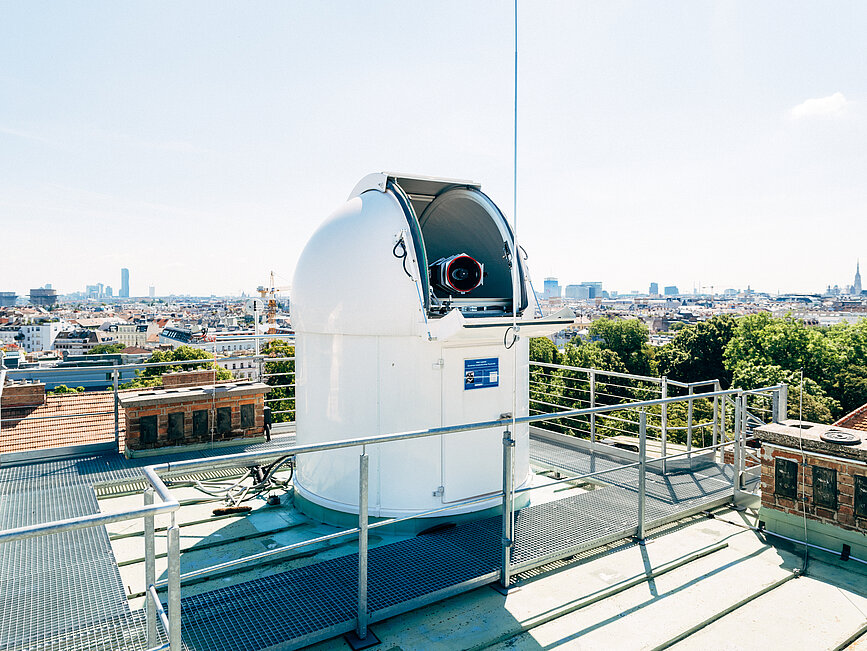Are quantum subsystems invariant?

Traditionally, classical systems have been uniquely identified with quantum systems, typically represented as factors in Hilbert space for finite-dimensional systems or associated with a local (microcausality) algebra of operators in QFT. Both representations aim to instantiate a specific prescription of subsystems' independence, that they must be statistically independent for state preparations and measurements. Despite this prescription, it is easy to show that canonical linearized quantum gravity prevents us from obtaining a gauge-invariant local algebra, thus undermining one of the conditions needed for statistical independence of subsystems in QFT. Arguably, this precludes most of the modeling associated with early universe cosmology as well as current attempts to model gravity-induced-entanglement table-top experiments. Nonetheless, primarily it presents a major roadblock towards a theory of quantum gravity. In this talk, after reviewing the aforementioned points, I will propose that a way forward is that the unique identification between quantum and classical systems should be dropped, and instead this mapping should be dynamical, which opens the possibility for a single-world unitary quantum mechanics.
Kommentare (0)
Keine Kommentare gefunden!